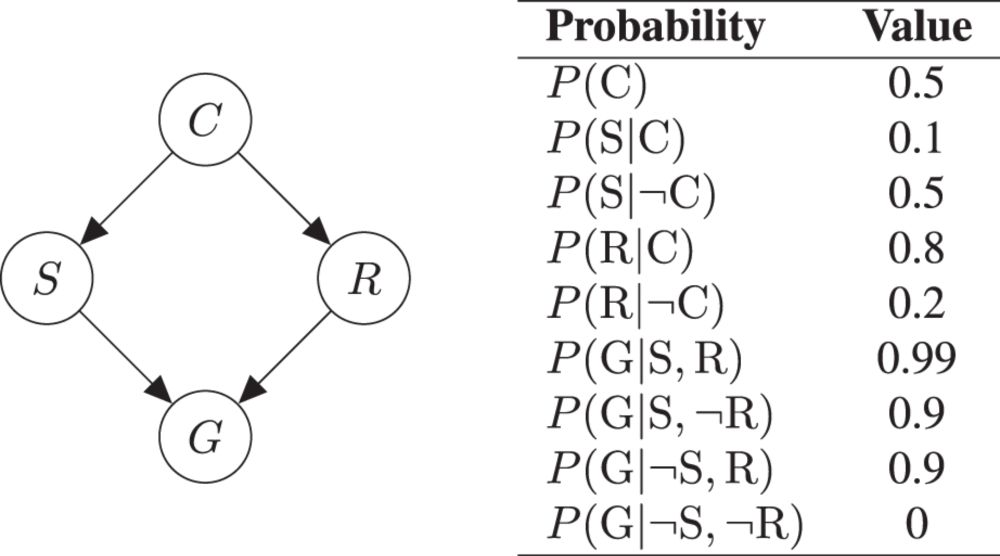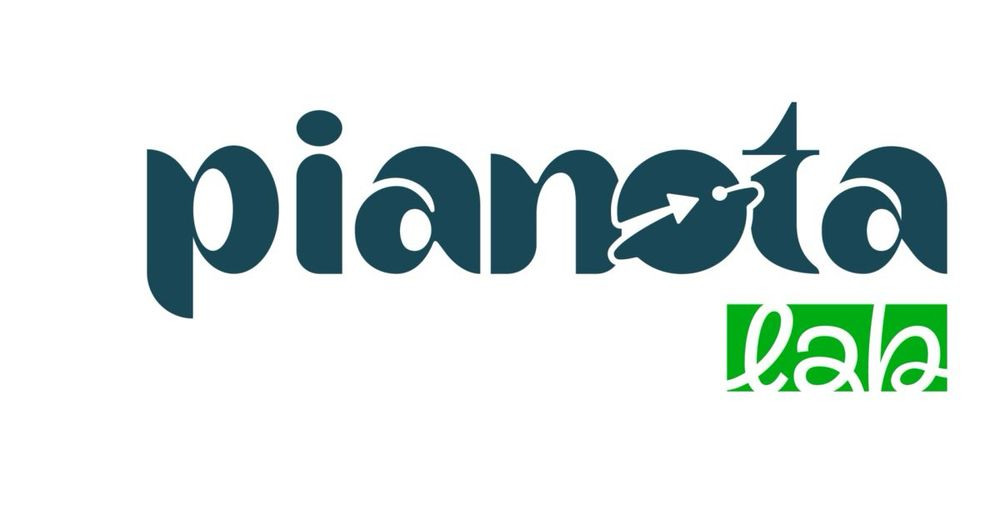Daniel Kostic
@danielkostic.bsky.social
400 followers
200 following
100 posts
Philosopher working on theories of explanation, understanding consciousness and AI (http://daniel-kostic.weebly.com).
One half of KOKHA (https://kokha.bandcamp.com/album/mental-health)
Posts
Media
Videos
Starter Packs
Pinned
Reposted by Daniel Kostic
Reposted by Daniel Kostic
Reposted by Daniel Kostic








